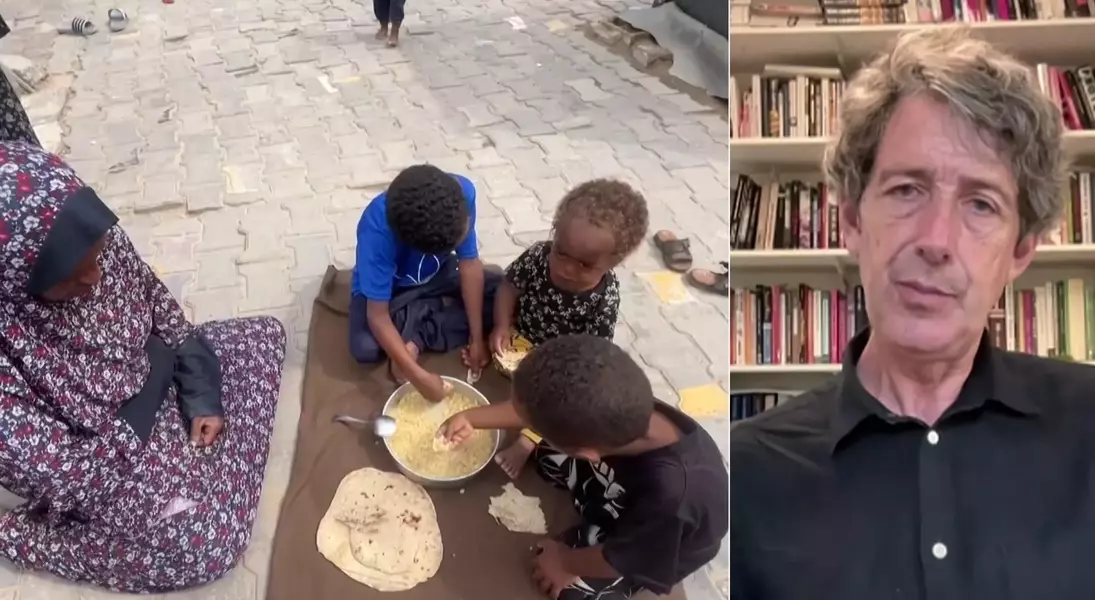
The humanitarian situation in Gaza continues to deteriorate, as the region grapples with a severe food and nutrition crisis. The ongoing blockade has resulted in alarming levels of food insecurity, leaving the majority of the population at risk of starvation. Recent findings from a comprehensive survey conducted by international humanitarian agencies reveal that emergency levels of food scarcity are widespread, exacerbated by the lack of essential resources such as clean water and electricity.
As the crisis deepens, alternative aid strategies proposed by Israel and backed by the United States have raised significant concerns. These plans involve establishing a new humanitarian system that limits food distribution to select areas within Gaza, potentially reaching only a fraction of the population. This approach, which relies on advanced surveillance technology for ration allocation, raises questions about its effectiveness and potential consequences. Critics argue that this method may further marginalize vulnerable groups, including children and malnourished individuals, who require specialized care beyond basic rations.
Addressing the dire circumstances in Gaza demands urgent action and global cooperation. Experts warn that without immediate intervention, the unfolding famine could lead to catastrophic outcomes for the local population. Furthermore, the implementation of surveillance-based humanitarian efforts underscores the need for ethical considerations in aid delivery. It is imperative to prioritize the well-being of all residents and preserve the social fabric of Palestinian communities. By fostering collaboration and ensuring equitable access to resources, there remains hope for averting a larger humanitarian disaster and promoting peace in the region.
